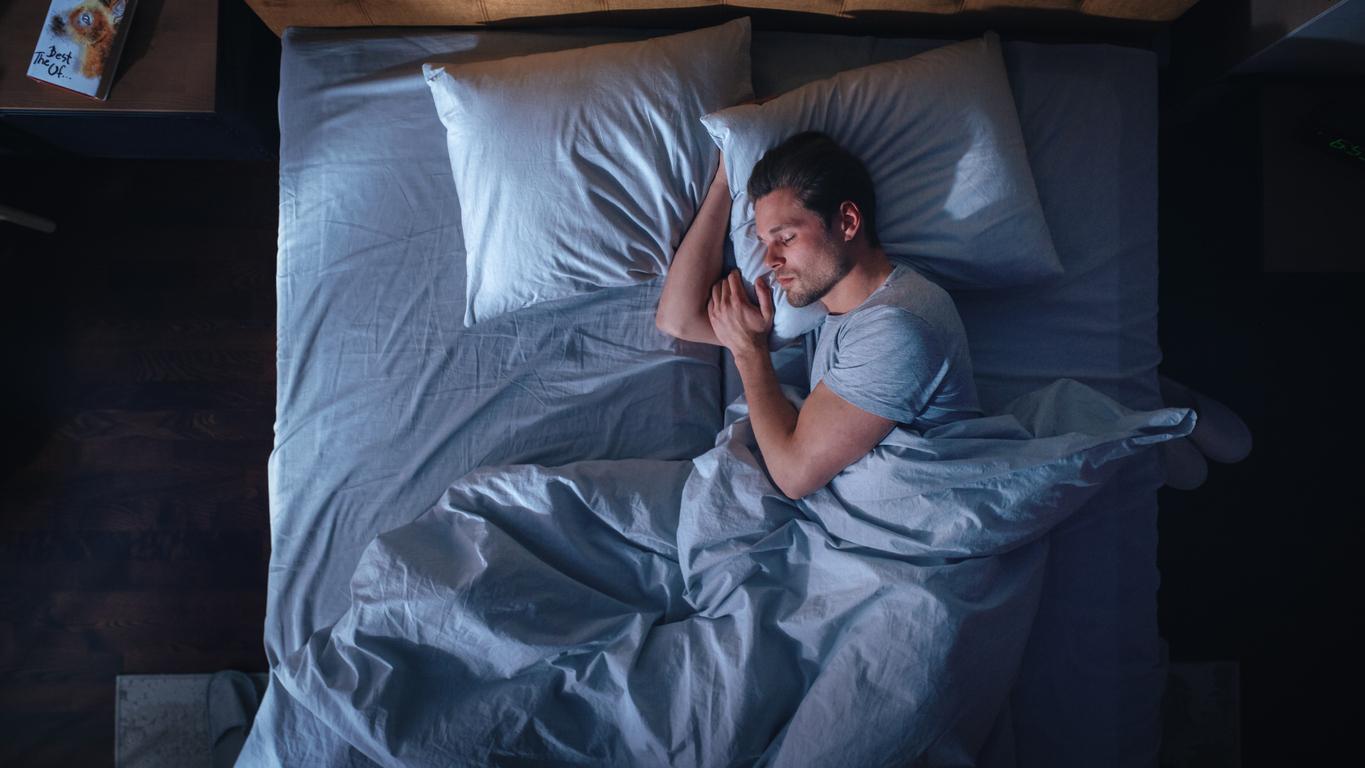Going to sleep and waking up at different times during the week lowers adolescents’ academic performance.

- Teenagers who don’t go to sleep at the same time every night have lower grades in school.
- These young people are also sanctioned more for disciplinary problems.
- “Our results indicate that it is really important for parents to respect regular bedtimes and wake-up times for their children, even in high school,” concludes the author of the study.
A new study published in the journal Sleep found a significant link between irregular sleep schedules, lower academic performance and an increase in behavioral problems among adolescents.
Notes: why care about adolescent sleep?
“I am very interested in the effects of poor sleep on well-being, performance and behavior. I also believe it is important to study these links at an early stage in life, when sleep interventions may be most effective”, says study author Gina Marie Mathew (Stony Brook University). “We therefore studied this problem via a large sample of around 800 adolescents”, she continues.
To collect precise data on their sleep, participants were asked to wear accelerometers on their wrists for a week. At the same time, their academic results and their potential sanctions linked to behavioral problems in middle or high school were recorded.
The researchers found at the end of their analyzes that adolescents whose bedtime was very late tended to have lower grades. Additionally, variability in youth’s sleep-onset and wake-up times was negatively correlated with their academic performance.
Gina Marie Mathew and colleagues also found that greater variability in sleep duration and timing of falling asleep was associated with a greater likelihood of being suspended or expelled from school.

Sleep and school results: what should parents do?
“Our results showed that later sleep onset and greater variability in night length were linked to lower grades and more behavioral problems.” summarizes Gina Marie Mathew.
“Our findings indicate that it’s really important for parents to maintain regular bedtimes and wake-up times for their children, even in high school, where teens often want more freedom. That means going to bed and waking up wake up at approximately the same time every day, even on weekends, to ensure regular sleep throughout the week. continues the scientist.
“Adopting good sleep hygiene as a family, such as a relaxing bedtime routine, can facilitate regular sleep,” indicates the researcher. “For pediatricians, asking questions about young patients’ sleep habits and making appropriate recommendations during exams is also important,” she finishes.

















